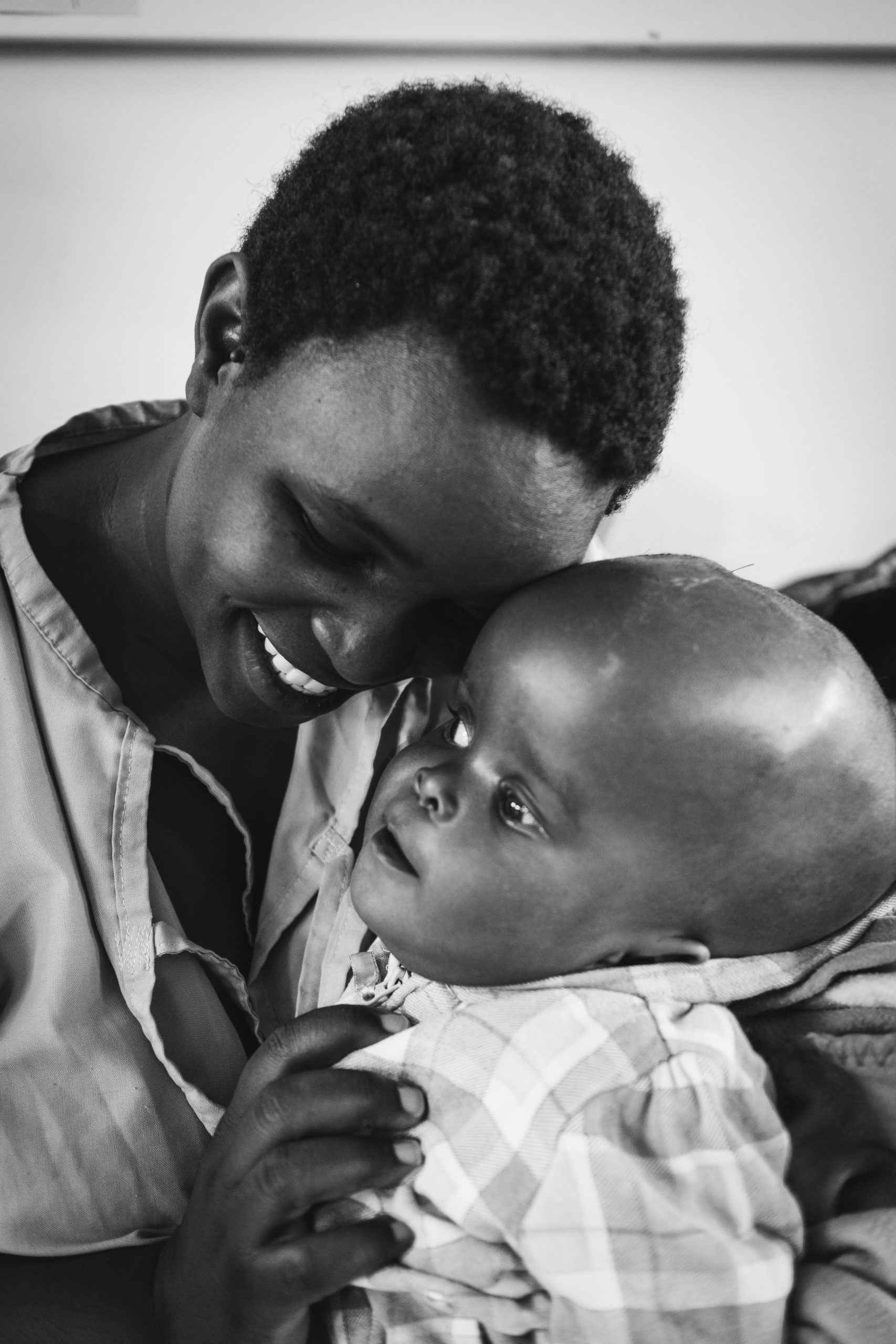Stage 2:
WE PROVIDE SURGERY
We support our graduates as they set up pediatric units in their home countries across Africa and pay for any child who cannot afford care.

Access to quality pediatric care across Africa is often limited to those with substantial wealth, leaving most children and families to suffer with little hope or opportunity. Children with sometimes treatable diseases are often left to stay at home or are seen as a curse, and are rarely able to attend school or find meaningful employment.
In Uganda, as one example, 16% of children live with a disability and yet there is only 1 pediatric surgeon for every 5 million children.*
We seek to change this.
In 7 different African countries BethanyKids is now providing quality and compassionate surgeries to children. Not only have we trained the surgeons who now serve their home countries, but we also help fund the surgeon so they have a fair wage. We also help support their vision for growing the pediatric surgical department, covering the costs of things like new equipment and additional staff. Perhaps our biggest cost is that of patient care. In fact, in any given year about 50% of our entire budget is just paying for patient bills that otherwise would prevent a family from access to care.
When you increase access to a pediatric surgeon and ensure care is free or affordable, lives are transformed.
As part of our commitment to healing children in low resource settings across Africa we have grown over time beyond the surgical theatre to support with a more holistic approach to care. (Read More)
* World Bank, Uganda Fact Sheet 2020

Spina Bifida & Hydrocephalus
One of the most common conditions we see in pediatric care in sub saharan Africa is spina bifida. In fact, according to a study performed in the British Journal of Medicine:
It’s estimated that more than 100,000 new cases of spina bifida occur annually in sub-Saharan Africa¹, a region where less than 5% of the population has access to surgery.
Spina bifida occurs when the bones of the spine (vertebrae) don’t form properly around part of the baby’s spinal cord. Infants born with spina bifida may have an open lesion where significant damage to the spinal cord occurs. Although the opening can be surgically repaired shortly after birth, any nerve damage is permanent.
Many children born with spina bifida will also develop hydrocephalus, an imbalance of the production and/or absorption of cerebrospinal fluid. If left untreated, infant hydrocephalus can lead to brain damage, development issues, blindness and death. Most children require surgery and the most common treatment is the insertion of a shunt to drain fluid away from the brain.
In addition to surgery, outpatient care, rehabilitation and support, BethanyKids also provides nutritional supplements, such as folic acid, and dietary information to help in preventing the incidence of spina bifida.
Other Types of Surgery
We also provide a broad range of pediatric surgical care for children with a variety of congenital or acquired conditions. Where appropriate, we use minimally invasive procedures (e.g. flexible endoscopy, thoracoscopy, laparoscopy, cystoscopy) to diagnose and treat many urinary, abdominal and thoracic conditions. Some common conditions treated are listed below:
Disorders in Genital Development
Some children, because of enzyme or other hormonal defects, are born with abnormal genitalia. Some causes of this can be life-threatening in the first few weeks of life. Treatment involves consultation from medical physicians as well as surgical intervention.
Congenital Anorectal Anomalies
There is a spectrum of conditions, some anatomic and some functional, that prevents a child from stooling normally. These include anorectal malformations (where the anus is misplaced or absent) as well as Hirschsprung Disease in which nerve cells in the large intestine are absent resulting in a functional blockage.
Congenital Esophageal and Intestinal Problems
These conditions include such things as malrotation with abnormal twisting of the intestine to anomalies where the intestinal tube isn’t intact (atresia) somewhere along its path from the mouth to the anus. These typically require diagnosis and operative treatment around the time of birth.
Growths and Tumors
We care for children with a wide range of tumours from simple cysts under the skin to cancers located on the arms and legs or in the belly, chest, or neck. We work alongside medical cancer specialists to ensure the best care possible for children with cancer.
Traumatic or Acquired Injuries
We see and manage all severe traumatic injuries in children regardless of the mechanism. Where necessary, we work together with other specialties, such as orthopedics and/or neurosurgery, to provide comprehensive care for the injured child.
Treatment of Patent Ductus Arteriosus (PDA)
PDA is a condition where a connection between the heart and the aorta (the largest artery in the body) doesn’t close after birth. Some children require operative closure since the condition can lead to heart and lung problems.
